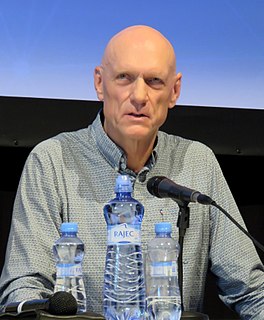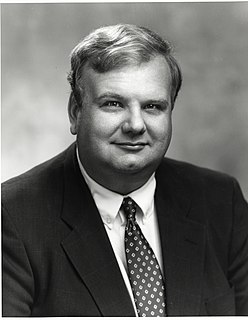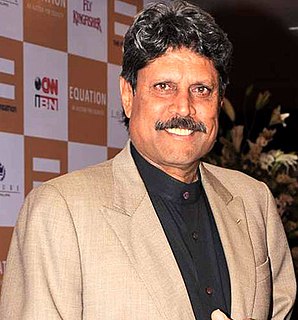A Quote by Nick Clegg
I firmly believe that the principles behind Contraction & Convergence provide the best long-term framework for a fair and equitable climate change mitigation policy
Related Quotes
But no matter how big the effort to push a propaganda line might be, climate change is bigger. This, undoubtedly and regrettably, is the biggest immediate long-term environmental challenge we face. A failure to concretely come to some policy outcome on climate change has not only a negative environmental impact but also social and economic consequences for us.
The most important thing that a company can do in the midst of this economic turmoil is to not lose sight of the long-term perspective. Don't confuse the short-term crises with the long-term trends. Amidst all of these short-term change are some fundamental structural transformations happening in the economy, and the best way to stay in business is to not allow the short-term distractions to cause you to ignore what is happening in the long term.
The Bush Administration believes the Kyoto protocol could damage our collective prosperity, and in so doing, actually put our long-term environmental health at risk. Fundamentally, we believe that the protocol both will fail to significantly reduce the long-term risks posed by climate change and, in the short run, will seriously impede our ability to meet our energy needs and economic growth.
We've got to make sure that we rebuild the infrastructure in America, because we used to be - have the best bridges, the best roads, the best airports. And now, when you go to China or you go to Europe, you see that they are outstripping us in terms of infrastructure. And if we put people back to work, that would be good not only in the short term, but it would also lay the foundation, the framework for long-term economic and job growth.
































